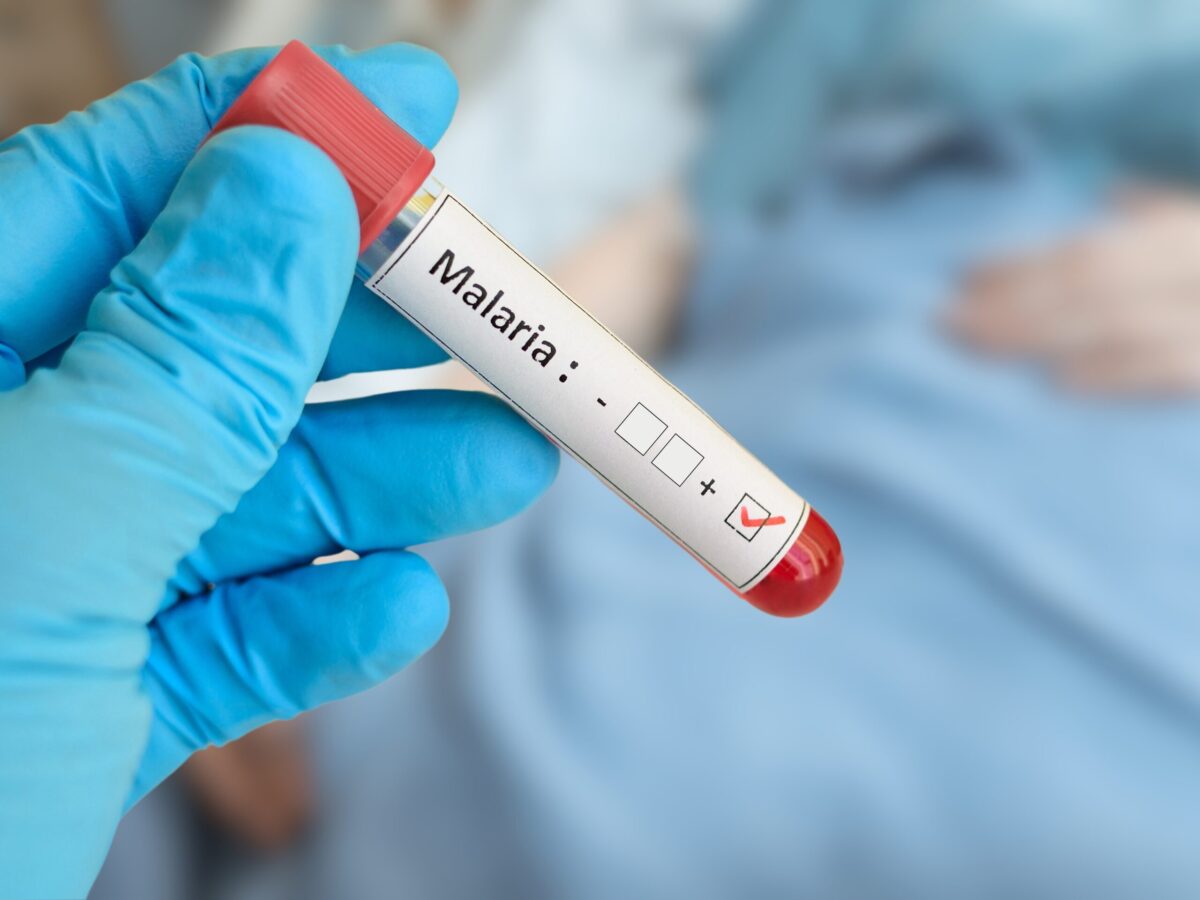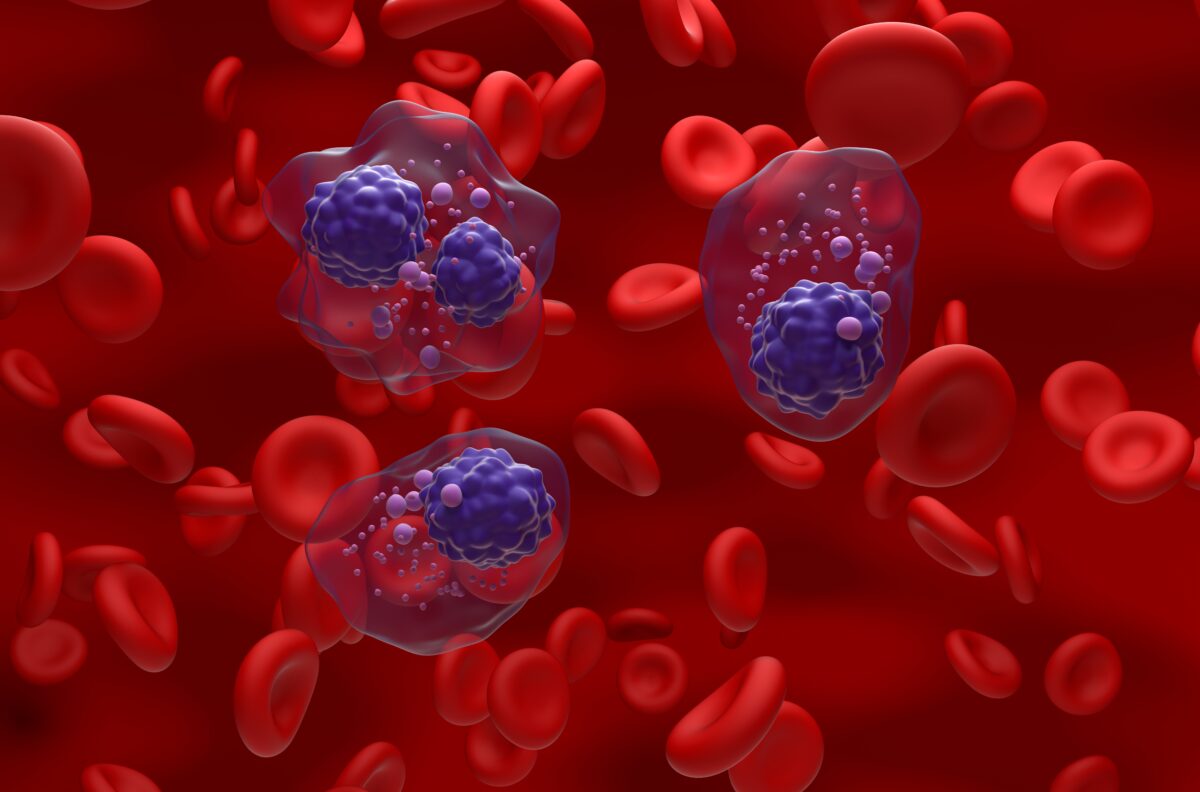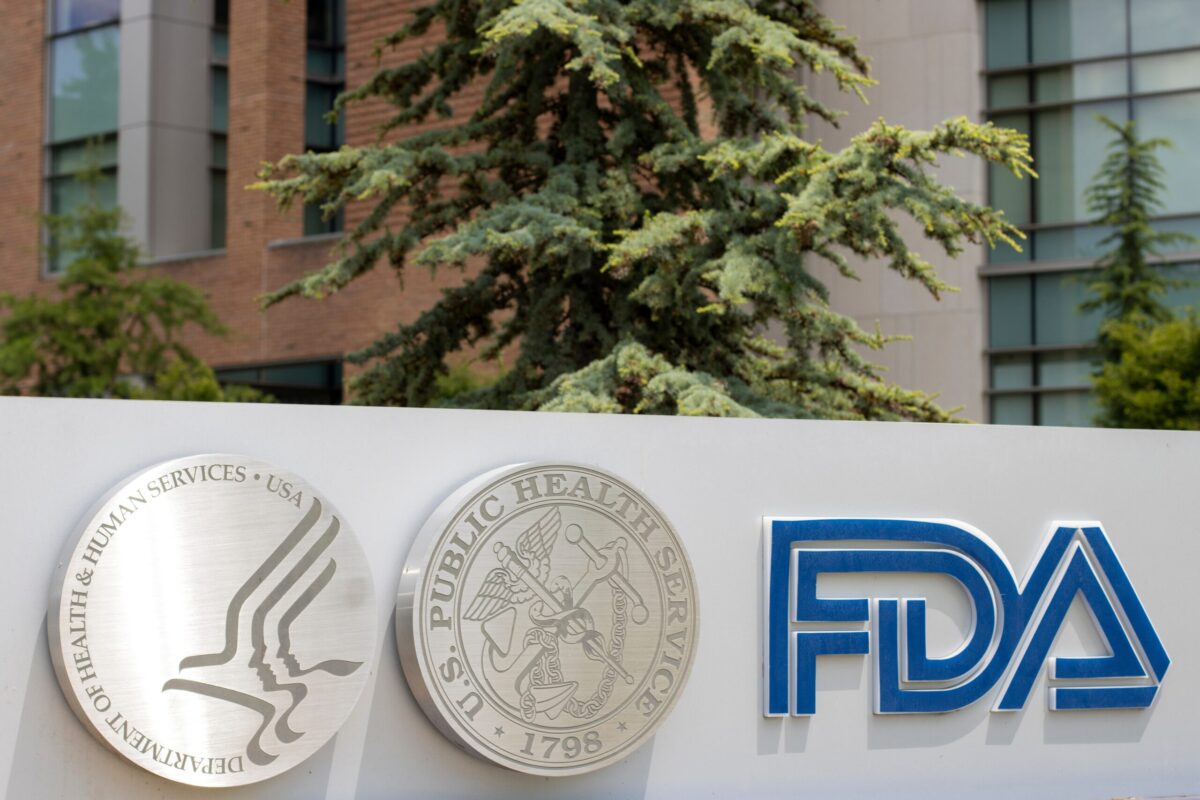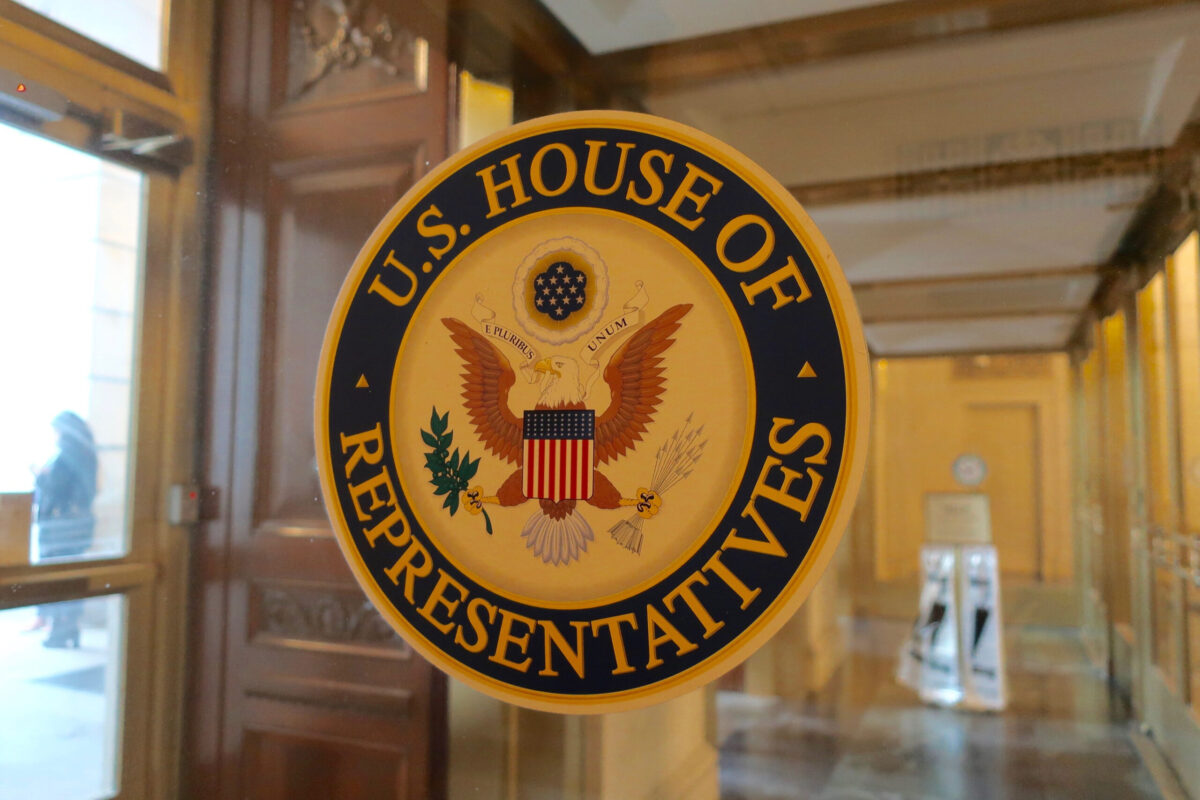Many antidepressants are ineffective at treating children and young adults suffering from major depression, according to a recent meta-analysis of published data. The researchers involved in the study even go so far as to say that the data quality for these drugs is so poor, that few conclusions on their safety and efficacy in young patients can be made.
The researchers at the University of Oxford conducted the largest meta-analysis of previously published studies ever undertaken to date. Of the 14 antidepressants studied, the study authors identified only one drug that proved to be effective. The results of the study were published in the journal, Lancet.
“We now have a hierarchy of pharmaceutical treatments and the only one that is better than placebo and other drugs is Prozac,” said study author Dr. Andrea Cipriani of the University of Oxford. Cipriani urges physicians to employ psychological treatment, such as behavioral therapy, before prescribing antidepressant drugs.
Cipriani and his team performed a meta-analysis on 34 clinical trials for antidepressant drugs, which recruited over 5,000 patients in total. Twenty-two of the clinical trials were sponsored by pharmaceutical companies.
Based on their findings, the researchers concluded that the overall quality of the clinical trial data was “very low.” Cipriani and his colleagues went on to say that the data quality was so low that they were unable to make meaningful predictions based on the drugs’ safety and efficacy for treating young adults with depression.
In light of the findings, some are reassessing whether antidepressant medications are an appropriate treatment option for children and teenagers. “There is little reason to think that any antidepressant is better than nothing for young people,” said Jon Jureidini of the University of Adelaide in Australia in a commentary that accompanied the research paper.
Conversely, Cipriani does caution that physicians should not stop prescribing the drugs to young patients who could truly benefit from them. “We have an effective tool,” said Cipriani in reference to the drug, Prozac. “There is also a risk of not prescribing drugs to patients who really need them.”
Approximately three percent of children aged six to 12 are diagnosed with major depression. Between the ages of 13 to 18, this number doubles to 6 percent. Antidepressant use in young patients has been linked to the risk of increased suicidal thoughts, and may also be harmful to brain development












Join or login to leave a comment
JOIN LOGIN